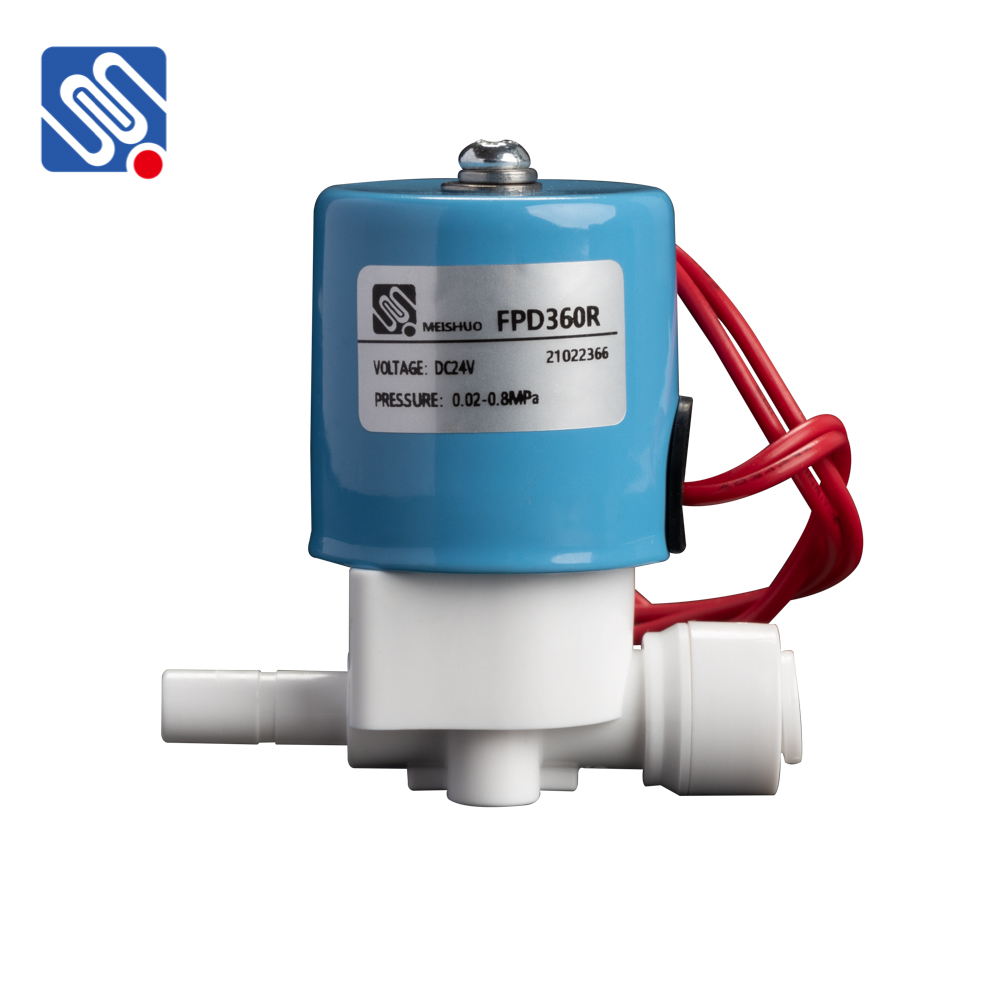RoHS (Restriction of Hazardous Substances) compliance has become an essential consideration in modern manufacturing, particularly in industries where environmental and human health are a priority. RoHS-compliant products adhere to strict guidelines, ensuring the absence of certain hazardous materials in their composition. Among the many products subject to RoHS standards, solenoid valves have become an important component in various industrial applications. In this article, we will explore the significance, applications, and advantages of RoHS-compliant solenoid valves.

What are RoHS Compliant Solenoid Valves? A solenoid valve is an electromechanical device used to control the flow of liquids or gases. It uses an electromagnetic solenoid to open or close a valve, enabling the automation of fluid systems. A RoHS-compliant solenoid valve refers to a solenoid valve that adheres to the European Union’s RoHS directive, which restricts the use of specific hazardous substances in electrical and electronic equipment. These substances include lead (Pb), mercury (Hg), cadmium (Cd), hexavalent chromium (Cr6+), polybrominated biphenyls (PBBs), and polybrominated diphenyl ethers (PBDEs).
Leave a Reply